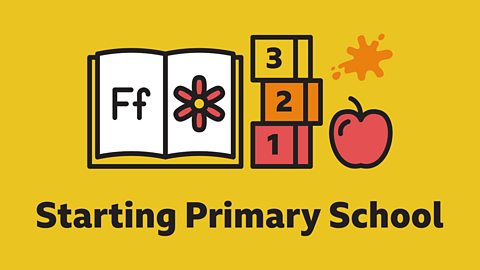This article was first published in October 2019
by Madeline Pilbury, mum to four-year-old Eleanor
Choosing a school for your child is always a big step, but when they have additional needs, there is even more to think about. HereÔÇÖs why we chose our local mainstream primary school for our daughter Eleanor, who has Down's Syndrome.
Familiarity
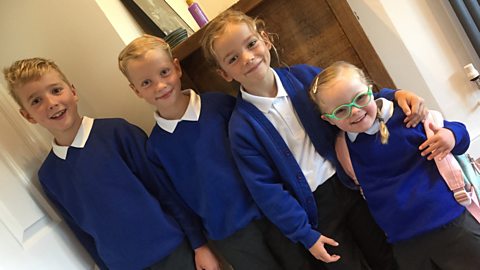
Eleanor has three older siblings attending our local school, so she has been visiting there since the week she was born. She was familiar with many of the staff and faces around the school and we knew this would help her to settle in.
I ran a weekly parents and tots group in the school hall, so as well as knowing the school building, Eleanor had already made friends with lots of children who would be starting in the same school class. Her siblings and their friends were also very keen that she attended the same school as them!
Social skills
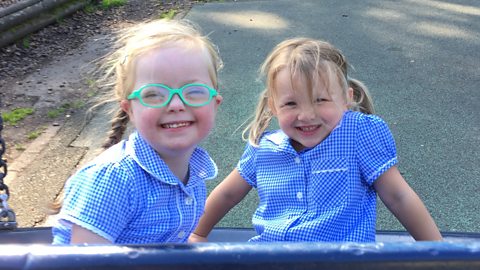
Eleanor is a very sociable little girl, but she is not able to communicate at the same verbal level as other 4-year-olds. We considered that at a special school she would be with other children with similar communication difficulties. This might have been beneficial as she wouldnÔÇÖt have been the ÔÇśodd one outÔÇÖ, but we felt that she also wouldnÔÇÖt have had as many opportunities to learn spoken language and social skills modelled by her peers.
We thought about our local community and the fact that it would be an advantage to have EleanorÔÇÖs school friends living nearby.
Practicalities
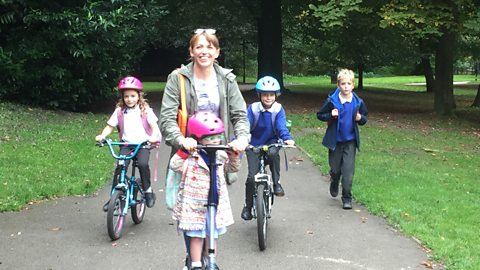
The school we chose is walking distance from our house, whereas the nearest special school is around 30 minutesÔÇÖ drive. Although travelling distance would not be a deal breaker in choosing a school for Eleanor, it certainly makes life easier being able to walk or scoot to school.
We also have to consider her three older siblings, who get very busy with gymnastics, football, swimming and dancing! We had to think about a school day that works for us as a family, as well as catering for EleanorÔÇÖs needs.
SEN provision
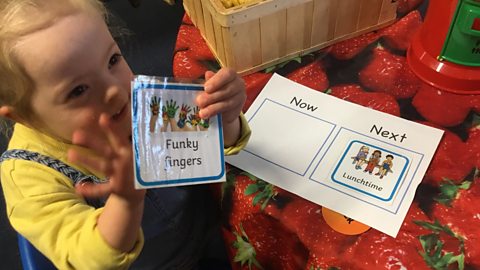
Our local primary school has an excellent Special Educational Needs Coordinator (SENCo) who is currently completing a masterÔÇÖs degree in Special Education. We felt confident that she would advocate for Eleanor and work with us to ensure she gets the best out of her education. We also knew the headteacher had a good track record with SEN. We know other children with SEN, including another child with Down's Syndrome at the school and they appear happy, settled and well integrated in school.
We had applied for an EHCP (Education Health and Care Plan) for Eleanor, so we knew that certain provisions could be specified to ensure that she would get all the help she needs to access education. For her this includes some one to one support in class, a member of staff with Makaton training and regular speech & language therapy sessions.
Concerns

Any parent worries about how their child will cope at school but this is especially heightened when they have additional needs.
EleanorÔÇÖs physical skills are delayed compared to her peers, but the local primary school is all on one level and we felt she would cope with the physical environment.
Because Eleanor isnÔÇÖt able to express herself verbally, we worried that she might be isolated in a mainstream setting. During the EHCP process, we identified strategies such as Makaton training for staff to ensure her communication is supported.

Inclusion
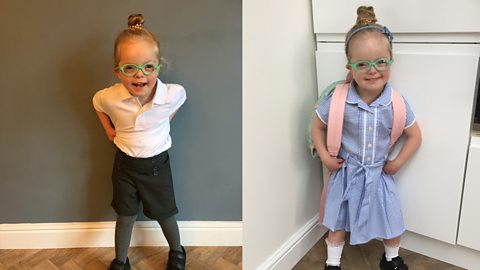
We had to feel that Eleanor would be truly part of her class and not just a child sitting on the periphery with a full-time helper. After visiting the school and speaking with the staff, we were confident that Eleanor would be very much part of the class, learning with her peers and not just alongside them.
We also feel that it is important for the community to have positive experiences of people with additional needs. If children grow up with friends with disabilities, they are more likely to become adults with a more inclusive and positive attitude.
We feel confident that we have made the right choice for Eleanor and for our family as a whole, and we are excited to see her thriving at school.
Know someone who has recently started school or will be beginning next September? Check out the rest of which has lots of ways to help prepare children for different aspects of school life ÔÇô both practically and emotionally.

More from 91╚╚▒Č Bitesize Parents' ToolkitÔÇŽ
Parents' Toolkit
Fun activities, real-life stories, wellbeing support and loads of helpful advice - we're here for you and your child.

How to decide on the right school for a child with SEND
Education specialist Jill has advice for parents who are selecting a primary school for their child with SEND.
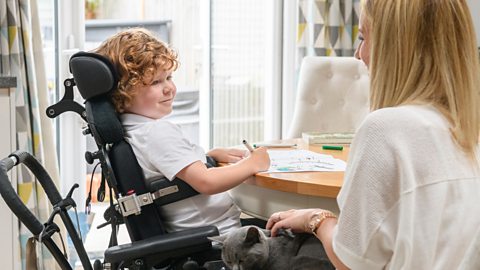
Starting primary school with SEND
Madeline explains what happened when her daughter Eleanor, who has Down's Syndrome, started primary school.
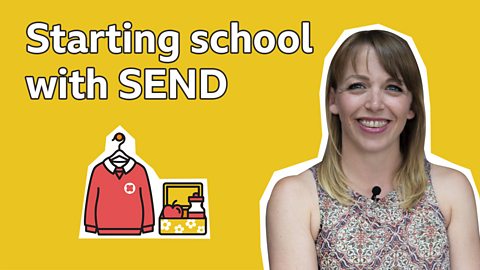
How home schooling helped my child with AuDHD
Sarah Barker describes her son's transition from mainstream school, to home schooling, then to special school. From 91╚╚▒Č Bitesize.
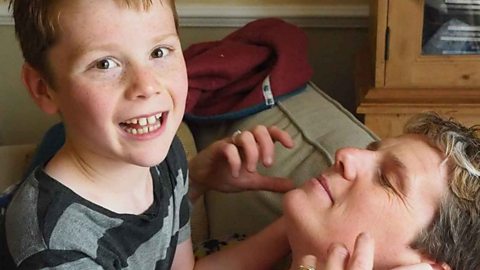
Special Educational Needs and Disabilities collection
All of the Starting Primary School content featuring advice and stories for parents of children with SEND.
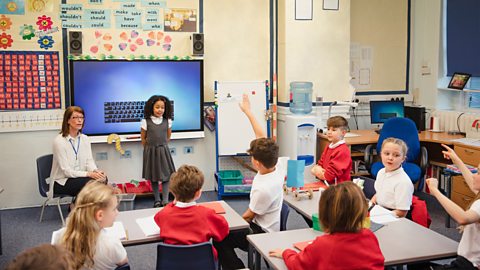
More Starting Primary School videos and articles
Head to our homepage to help you and your child prepare for starting primary school and thrive in school life.
